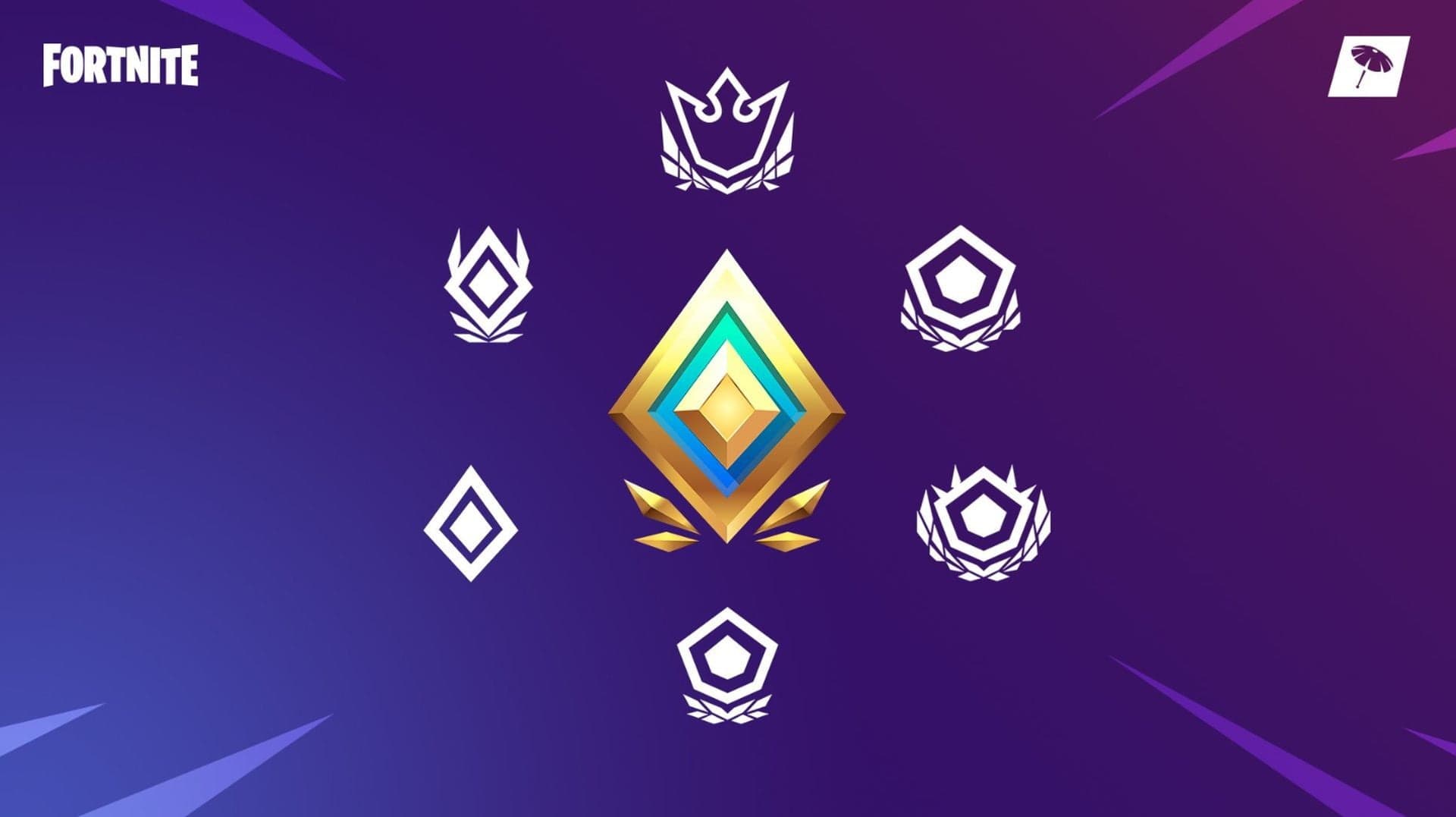
What can you boost for your Fortnite account
Unlock Elite Gaming: Transform Your Skills with Game Boosting
Level Up Faster: Unlock Gaming Success with Professional Boosting
Navigating Safe Game Boosting Services: Tips for Gamers in 2024
Unlocking Success: Ethical Game Boosting for Competitive Gamers
Game Boosting: A Lifeline for Time-Strapped Gamers
Mastering Game Boosting: Secure Strategies for Ultimate Success
Summary – 1 Minute Read.
The rise of game boosting services is significantly transforming the competitive gaming landscape by offering shortcuts to higher ranks and features, impacting player motivation and engagement. While these services provide opportunities for experiencing high-level gameplay, they also spark debates about fairness and competition integrity. Game developers are responding with stricter policies or integrating boosting elements organically into games. The evolution of game boosting reflects broader changes in defining skill and success in digital environments, influencing the future of competitive gaming culture.
The competitive gaming scene has undergone a dramatic transformation in recent years, largely due to the rise of game boosting services. These services are not just altering how gamers approach their favorite titles but also reshaping the landscape of competitive play itself.
Game boosting involves skilled players assisting others to achieve higher ranks or unlock special features within a game. This practice can be particularly appealing for those who lack the time or skill to progress at the desired pace. As an expert in the field, I can attest that this trend is creating both opportunities and challenges within the gaming community.
One significant impact of game boosting is its influence on player motivation and engagement. By offering a shortcut to success, these services can sometimes diminish the sense of achievement that comes from personal effort and mastery. However, they also provide an opportunity for players to experience high-level gameplay and strategies that might otherwise be out of reach.
Moreover, game boosting has sparked debates about fairness and integrity in competitive gaming. Many argue that it undermines the spirit of competition by creating an uneven playing field. Yet, others see it as a legitimate way for players to enjoy games without dedicating countless hours to grinding through levels.
In analyzing these dynamics, it’s crucial to consider how game developers are responding. Some have implemented stricter policies and security measures to detect and penalize boosted accounts, while others are exploring ways to integrate boosting elements into their games more organically.
The evolution of game boosting highlights a broader shift in how we define skill and success in digital environments—a topic worth exploring further as technology continues to advance.
Interestingly, parallels can be drawn between this phenomenon and trends in other industries. For instance, much like THCa is gaining attention for its unique properties within cannabis research, game boosting is being scrutinized for its potential benefits and drawbacks within esports.
Ultimately, whether one views game boosting as an enhancement or hindrance depends on individual perspectives on competition and achievement. As this practice continues to evolve alongside advancements in gaming technology, it will undoubtedly shape the future trajectory of competitive gaming culture.
Q: What is game boosting?
A: Skilled players help others achieve higher ranks.
Q: How does game boosting affect player motivation?
A: It can diminish achievement from personal effort.
Q: Why is game boosting controversial?
A: It raises fairness and integrity concerns in gaming.
Q: How are developers responding to game boosting?
A: Implementing stricter policies and security measures.
Q: Can game boosting be seen positively?
A: Yes, as a way to enjoy games without extensive time commitment.
Esports Insider – Esports Insider provides comprehensive coverage of the esports industry, including insights into trends like game boosting and its impact on competitive gaming.
Kotaku – Kotaku is a leading source for video game news and analysis, often discussing the implications of game boosting on player experience and industry practices.
Polygon – Polygon delivers in-depth articles on gaming culture, frequently exploring how services like game boosting are influencing the dynamics of competitive play.
Game Rant – Game Rant offers news and opinion pieces on various aspects of gaming, including the ethical debates surrounding game boosting services.
The Verge: Gaming Section – The Verge’s gaming section covers technological advancements and cultural shifts in gaming, such as the rise of game boosting services.
IGN: Esports – IGN’s esports division provides updates on competitive gaming events and discusses how phenomena like game boosting are reshaping these competitions.
PC Gamer – PC Gamer features articles that delve into the mechanics of games and community interactions, including discussions about the role of game boosting in modern gaming ecosystems.
VentureBeat: GamesBeat – GamesBeat by VentureBeat analyzes industry trends and innovations, offering perspectives on how game boosting fits into broader changes within the esports sector.
Eurogamer – Eurogamer covers European gaming news with a focus on community issues such as fairness and integrity affected by practices like game boosting.
Gamasutra (now Game Developer) – Gamasutra provides insights from developers’ perspectives, examining how they respond to challenges posed by services like game boosting in their games.
Game Boosting: The practice of artificially enhancing a player’s rank or level in competitive gaming, often through the use of external services or skilled players.
5% sale with code
26NS2PW5